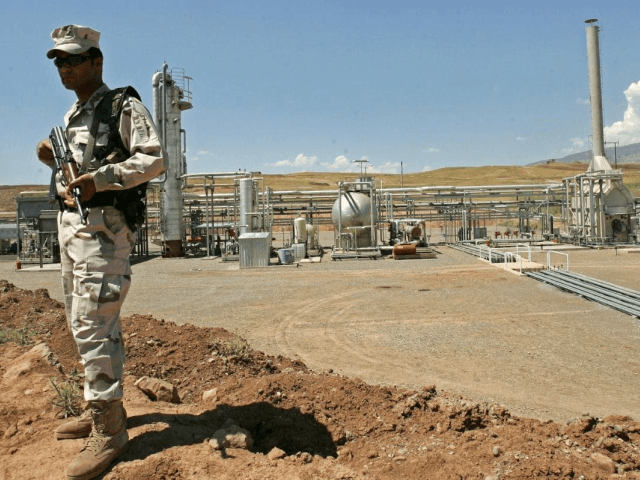The Iraqi government will attempt to reopen an oil pipeline into Turkey which bypasses the autonomous region of Kurdistan, the country’s oil ministry has announced.
Iraq’s oil minister, Jabar al-Luaibi, said in a statement he asked authorities to begin the process of restoring and reopening the Kirkuk Ceyhan pipeline, in a move intended to further isolate Kurdistan following last month’s independence referendum.
Al-Luaibi claimed that, following the expulsion of the Islamic State in the region, which had previously captured the pipeline and its surrounding territory, Iraq hopes to return the pipeline’s export capacity of 250,000 to 400,000 barrels a day and possibly boost volumes in the future.
However, according to a report by the Financial Times, analysts remain skeptical of how quickly restoration could occur after serious damage was incurred and the pipeline remained in a state of disrepair for two years. The pipeline would also have to pass through some Kurdish-controlled territory in order to reach the Turkish borders, which could cause further tensions between Baghdad and Erbil.
After last month’s referendum in Kurdistan, in which 95 percent of people voted for independence, Iraqi Prime Minister Haider al-Abadi confirmed Baghdad would seek full control of all oil all independent revenues under the Kurdistan Regional Government (KRG), as well as control of all airports and land crossings.
Meanwhile, Turkish President Recep Tayyip Erdogan has also threatened potentially crippling restrictions on oil trading with Kurdistan, whose crude oil revenues represent a key source of income for the region’s economy, and warned he was willing to take “all necessary steps” to protect Turkish interests.
One potential response from Kurdish authorities could be to strengthen ties with Russia, given that the Russian government is now the primary source of oil and gas deals in the autonomous region and remains the only major regional power not to oppose plans for independence.
“We are interested that the Kurdish people like any other nation on the planet can fulfill its hopes and aspirations,” Russian Foreign Minister Sergei Lavrov said in July. “We start from the fact that the legitimate aspirations of the Kurds, like other peoples, need to be fulfilled within the framework of existing international legal norms.”
Follow Ben Kew on Facebook, Twitter at @ben_kew, or email him at bkew@breitbart.com.

COMMENTS
Please let us know if you're having issues with commenting.